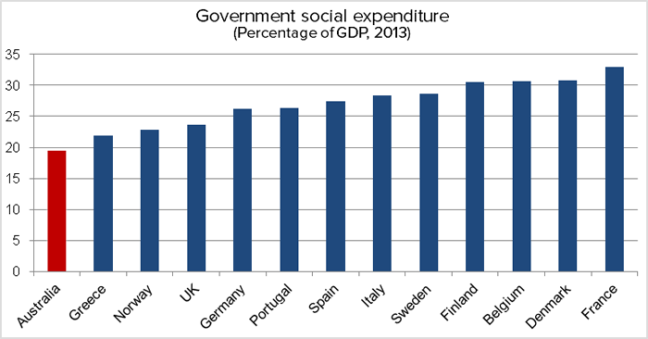REPRINTED FROM ‘The Weekend Conversation’ 10 Jan 2015
Bernard Maris is seldom named as among the 12 victims in English-language reports but he was well-known in France and he had been an economist, writer, journalist and shareholder in Charlie Hebdo magazine since 1992.  He was murdered on 7 January 2015, during the Charlie Hebdo shooting at the headquarters of the magazine in Paris.
He was murdered on 7 January 2015, during the Charlie Hebdo shooting at the headquarters of the magazine in Paris.
[Following is] something written by Maris that was translated into English by Alain Alcouffe as a tribute to Maris’s memory. It is from the last pages of Maris’ 1999 book, Lettre ouverte aux gourous de l’économie qui nous prennent pour des imbéciles
Open letter to the gurus of economics who take us for idiots.
And for that title alone, [we] feel even more deeply the loss to the world of this brave man, who stood by the values of the enlightenment against a darkness that threatens us all.
What are economists for?
If economics is the science of the market, they are useless – we have known it for a long time (since Keynes), and we get confirmation now from the most ultra orthodox (Debreu).
If the economy is a science that predicts the future, then the greatest economist is Madame Soleil [a famous French astrologer].
If economics is the science which deals only with “trust”, then the greatest economist is Freud. If economics is the science which deals only with “transparency”, then the greatest economists are accountants, policemen, customs officers or judges.
If economics is a religion, then Camdessus is the high priest of it, but the best economist will remain Pope John Paul II.
If economics is only gossip and chatter, many journalists can aspire to be awarded the Golden Palm.
Every activity has a social utility. Even parasites are useful: they allow us to highlight the so-called “useful” people. Just as there is nothing “harmful” in ecology – except in empty heads of hunters – it is rare to be unable to associate a utility to a part of the social body. The parable of Saint-Simon, which showed that the wealth of France would not decrease if we removed many lazy people, writers and others, is questionable, and the same holds for the uselessness of the ancient Greek and music taught at university. So … what are the casuists of utilitarianism for?
Unquestionably the “experts”, the merchants of economic tales have a function of exorcism of the future. In a world without religion, they have the same function as gurus and cult leaders – and many of them combine the two businesses. They also play the role of bards, shamans or witch doctors of Indian tribes who talk incessantly to prevent the sky from falling on the heads. They are the inexhaustible storytellers of irrational, credulous, illiterate and but not uncultured societies that are no doubt more cheerful than ours.
But what have the children of Smith, Marx and Keynes to do? Are they condemned to play the roles of sorcerer, high priest or guru?
Obviously not. They can denounce the merchants of confusion, promote economics as a science of man, and not as a hard science, they can question history, civilisations, they can think about value and wealth. They can denounce efficiency and productivity – or simply leave it to business managers, they are paid for it! – And they can return to psychology, sociology, history, philosophy. Thinking about labour, time, money. In short, they can go back to Smith, Keynes and Marx.
They can also go for soup and sell their beautiful science for the lentils of expertise, and be content with the role of the fool whose legs are pulled twice a year when growth projections are presented, and every day when the Russian mafia recycles dollars which have been loaned to it in false candour.
But then, they should not speak of “quality assessment” or “technical correction”.
Let them put a pointed cap, a red nose, let them wag with their ears and tickle the armpits.
What were economists for, one will ask a hundred years from now? To make people laugh.
Bernard Maris, 1999









